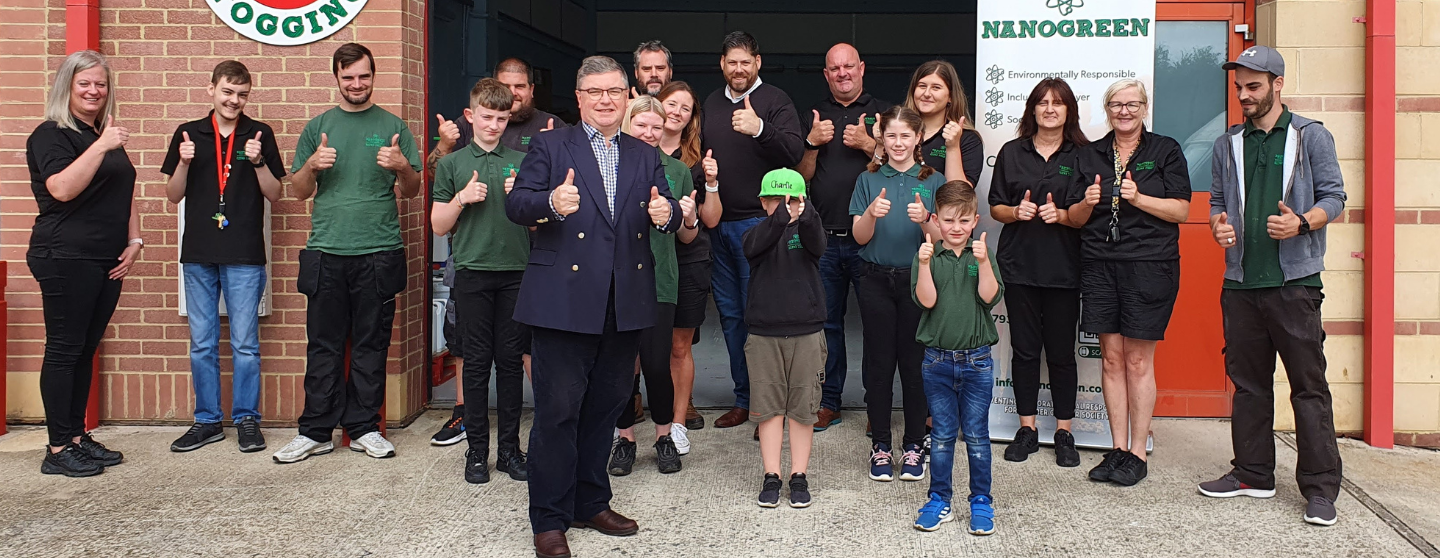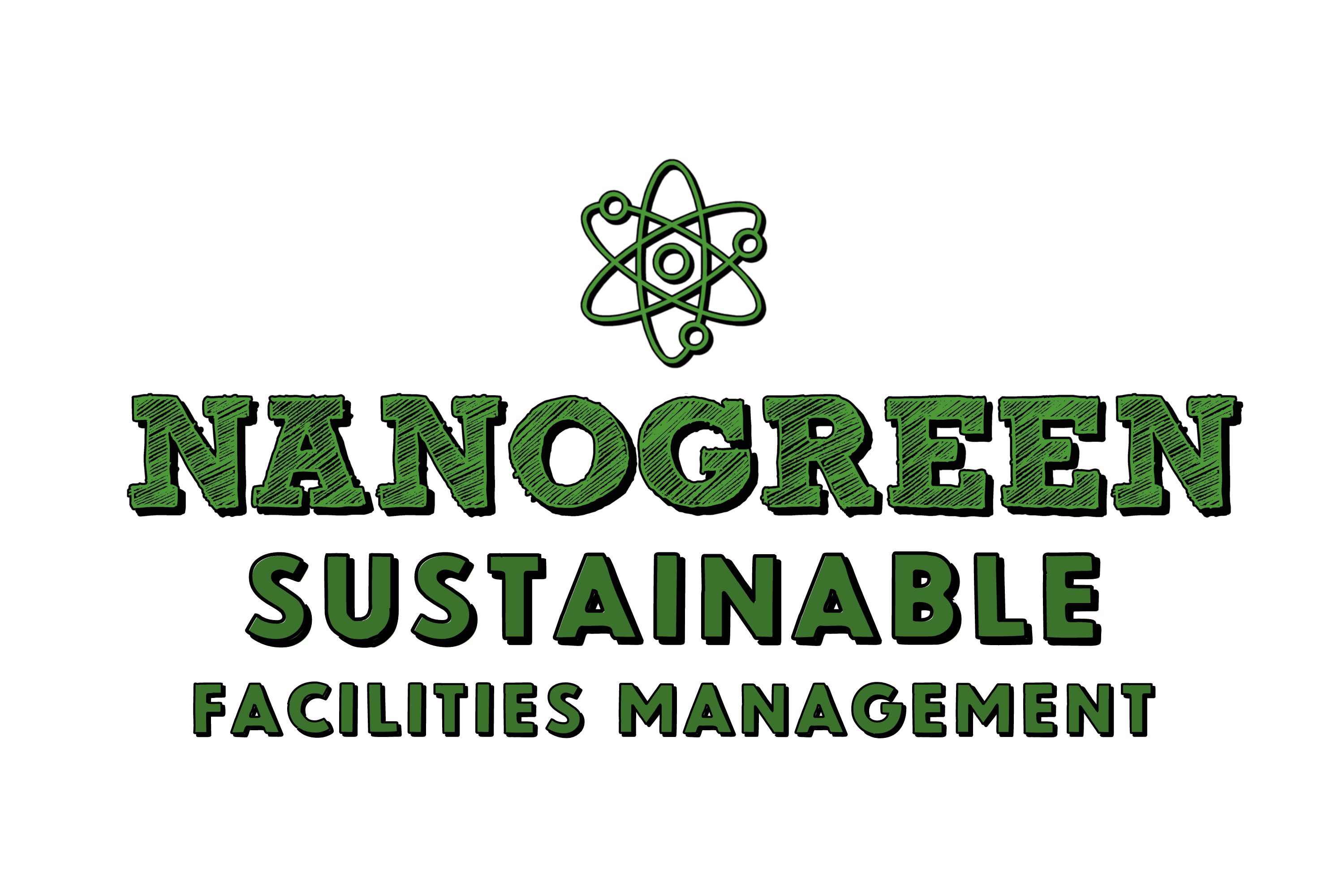

Nanogreen Sustainable Facilities Management

Wiltshire, United Kingdom
March 2023
Other personal services
Service with Significant Environmental Footprint
United Kingdom
Nanogreen Sustainable Facilities Management is a leading provider of sustainable facilities management services, committed to creating a better future for people and the planet. As a certified B Corporation, Nanogreen is dedicated to meeting rigorous standards of social and environmental performance, accountability, and transparency. Nanogreen's services include a wide range of sustainable facilities management solutions, such as energy management, waste reduction, water conservation, green cleaning, and sustainable landscaping. Their team of experts works closely with clients to understand their unique needs and develop customized solutions that are both effective and environmentally responsible. Nanogreen is committed to reducing their own environmental impact as well. They have implemented a number of initiatives to reduce waste, conserve energy and water, and promote sustainable practices throughout their operations. They also prioritize ethical and fair labor practices, and strive to create a positive impact on the communities they serve. By choosing Nanogreen Sustainable Facilities Management, clients can be assured that they are partnering with a company that is dedicated to making a positive impact on the environment and society.
Overall B Impact Score
Governance 14.8
Governance evaluates a company's overall mission, engagement around its social/environmental impact, ethics, and transparency. This section also evaluates the ability of a company to protect their mission and formally consider stakeholders in decision making through their corporate structure (e.g. benefit corporation) or corporate governing documents.
What is this? A company with an Impact Business Model is intentionally designed to create a specific positive outcome for one of its stakeholders - such as workers, community, environment, or customers.
Workers 23.0
Workers evaluates a company’s contributions to its employees’ financial security, health & safety, wellness, career development, and engagement & satisfaction. In addition, this section recognizes business models designed to benefit workers, such as companies that are at least 40% owned by non-executive employees and those that have workforce development programs to support individuals with barriers to employment.
What is this? A company with an Impact Business Model is intentionally designed to create a specific positive outcome for one of its stakeholders - such as workers, community, environment, or customers.
Community 19.6
Community evaluates a company’s engagement with and impact on the communities in which it operates, hires from, and sources from. Topics include diversity, equity & inclusion, economic impact, civic engagement, charitable giving, and supply chain management. In addition, this section recognizes business models that are designed to address specific community-oriented problems, such as poverty alleviation through fair trade sourcing or distribution via microenterprises, producer cooperative models, locally focused economic development, and formal charitable giving commitments.
Environment 20.2
Environment evaluates a company’s overall environmental management practices as well as its impact on the air, climate, water, land, and biodiversity. This includes the direct impact of a company’s operations and, when applicable its supply chain and distribution channels. This section also recognizes companies with environmentally innovative production processes and those that sell products or services that have a positive environmental impact. Some examples might include products and services that create renewable energy, reduce consumption or waste, conserve land or wildlife, provide less toxic alternatives to the market, or educate people about environmental problems.
Customers 25.0
Customers evaluates a company’s stewardship of its customers through the quality of its products and services, ethical marketing, data privacy and security, and feedback channels. In addition, this section recognizes products or services that are designed to address a particular social problem for or through its customers, such as health or educational products, arts & media products, serving underserved customers/clients, and services that improve the social impact of other businesses or organizations.
What is this? A company with an Impact Business Model is intentionally designed to create a specific positive outcome for one of its stakeholders - such as workers, community, environment, or customers.